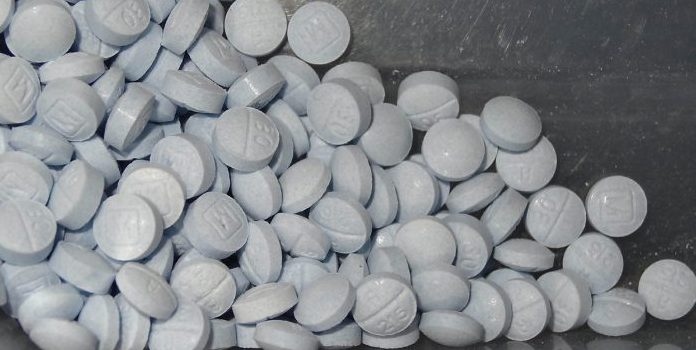(Headline USA) A year after the Washington State Supreme Court’s Blake decision struck down the state’s felony drug possession law as unconstitutional, drug-reform advocates have proposed a ballot measure moving away from criminalizing drug use and instead focusing on harm reduction and treatment.
Initiative 1922, proposed by a coalition called Commit to Change WA, would decriminalize personal drug possession and fund – to the tune of $141 million annually – expansion of prevention, treatment, and recovery services using marijuana tax revenue. I-1922 would also help people with simple drug possession convictions on their record to clear said convictions.
Under the proposed ballot measure, police could still seize the drugs.
“We actually tried to move forward with the initiative in 2020 but discontinued signature gathering in support of public health efforts to contain the spread of COVID-19,” said Phyllis McElroy of Momentum Professional Strategy Partners, the strategic communications team behind the I-1922 campaign, in an email to The Center Square. “The Legislature’s reaction to the Blake decision confirmed that I-1922 was still necessary.”
In February 2021, the state Supreme Court found Washington’s simple possession law unconstitutional because it did not require the state to prove intent, in this case knowledge of possession of a controlled substance. The ruling came in the case of a Spokane woman, Shannon Blake, who had received a pair of jeans from a friend that had a small bag of methamphetamine in a pocket.
In April 2021, the state Supreme Court rejected a request from the state to reconsider its Blake ruling.
Later that month, the Legislature passed Senate Bill 5476, reclassifying drug possession as a gross misdemeanor with fines up to $125. Per the bill, first- and second-time convictions that occurred before the Blake ruling would be vacated in retrial and defendants referred to treatment programs.
Gov. Jay Inslee signed SB 5476 into law the following month, vetoing a portion of the bill that would have created a state fund to reimburse local governments and individuals who incur legal fees resulting from resentencing under the Blake decision.
The bill’s provisions expire by July 1, 2023. SB 5476 also allows judges to set personal use amounts for drug possession laws by that point.
Criminalizing possession of controlled substances like cocaine, heroin, and hallucinogenic mushrooms is counterproductive, according to Commit to Change WA.
“We acknowledge a few people still believe ‘War on Drugs’ rhetoric despite decades of evidence of its failure,” McElroy said. “The bottom line is that arresting people for possession of drugs for their personal use doesn’t address the root causes of either drug use or substance use disorder. Instead, it destabilizes lives, marginalizes people, and increases the likelihood of greater involvement in the criminal system.”

